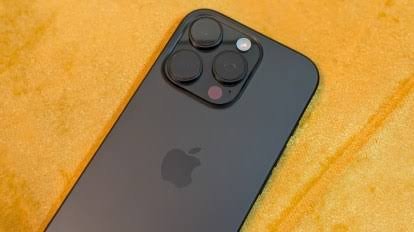Apple Inc. is not allowed to sell its iPhone 16 smartphones in Indonesia because it did not follow local rules that require at least 40% of the phone’s components to be made in the country.
Febri Hendri Antoni Arief, a spokesperson for Indonesia’s industry ministry, confirmed that the iPhone 16 does not meet this requirement, which stops it from being marketed in Indonesia.
Although people can still import the iPhone 16 for personal use by paying the necessary taxes, Apple Indonesia has not fulfilled its investment commitments needed for local content certification. This means the company has not invested enough in local manufacturing to qualify for selling the phones in the market.
The restriction reflects Indonesia’s efforts to boost local manufacturing and ensure that foreign companies contribute to the country’s economy. As a result, Apple may need to adjust its production strategies or make investments in local facilities to comply with the regulations if it wants to sell the iPhone 16 in Indonesia. This situation highlights the challenges that international companies face when trying to enter markets with strict local requirements.

